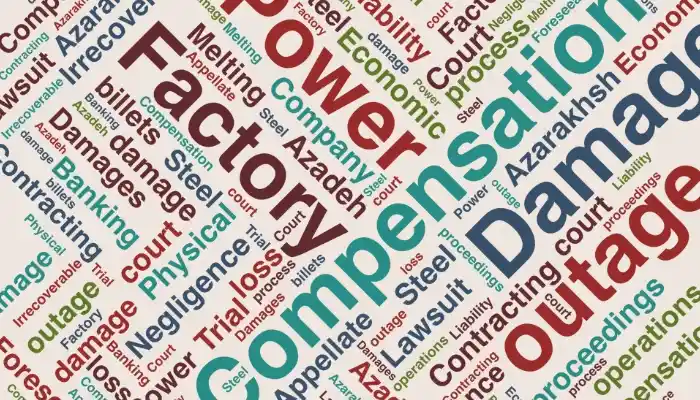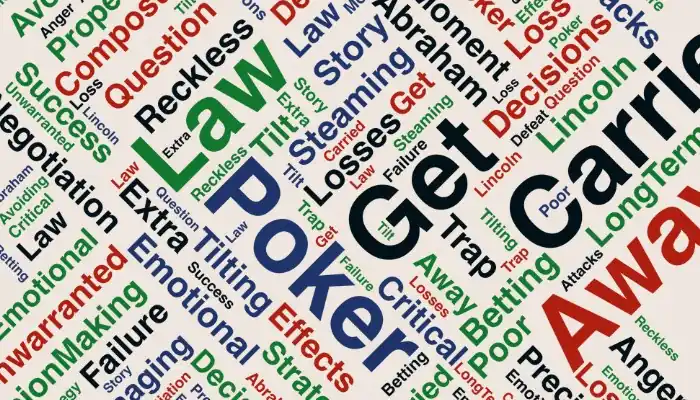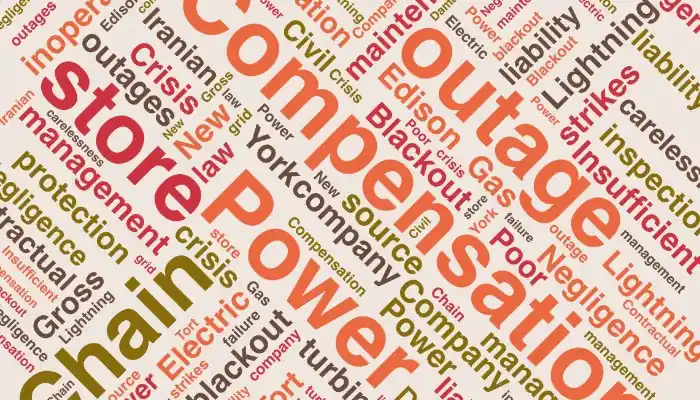“The world is full of injuries for which the law provides no remedy.”
Lord Rodger
When faced with a power outage, we don’t usually seek compensation from anyone. Most of the time, we simply accept it. When the electricity goes out, we don’t immediately call our lawyer or try to figure out who’s at fault. We just endure it. Perhaps we try to make up for the lost time by working harder once the power is restored.
The Case of Azadeh Steel and Azarakhsh Contracting Company
Azadeh Steel was producing stainless steel at a factory that was powered by a direct cable from a power plant. In 1971, workers from the Azarakhsh Contracting Company were digging 500 meters away from this factory. The company had been provided with information about the location of the cables, but due to the workers’ carelessness, the cable supplying electricity to Azadeh Steel was severed. As a result, the factory, which operated continuously 24 hours a day, was shut down for fourteen and a half hours.
At the time of the power outage, materials were melting in a furnace to be turned into steel billets. With the power cut, there was a risk that the materials would solidify and damage the lining of the furnace. To prevent this damage, the materials had to be melted and removed using oxygen. The materials that were supposed to be turned into steel billets now had significantly less value.
The physical damage was assessed at 368 units, and it was estimated that if the melting process had been completed correctly, a profit of 400 units would have been achieved. Additionally, if there had been no power outage during that time, four more melts could have taken place, potentially resulting in a profit of 1,767 units.
Azadeh Steel Company filed a lawsuit to claim damages. During the court proceedings, the contracting company admitted to its negligence but fully accepted responsibility only for the physical damage caused by the power outage. The company did not strongly oppose the claim for the 400-unit loss of profit from the first melt either. However, it vehemently denied responsibility for the 1,767-unit loss from the four additional melts, arguing that it had no liability for this economic loss.
The trial court ruled in favor of Azadeh Steel Company, deeming it entitled to all the claimed damages and ordered Azarakhsh Contracting Company to pay for all three losses.
The contracting company appealed the decision, and the case was brought before the appellate court.
The appellate court, however, had a different perspective. It reasoned that economic loss is generally recognized as an irrecoverable damage since the party causing the loss typically has no duty towards the injured party. For example, in a car accident, if a person sustains physical injury that affects their professional career, the driver responsible for the accident is liable only to the injured person and not to their employer, even if the employer suffers economic loss due to the accident.
The appellate court held that economic loss is generally irrecoverable due to its indirect nature, except in specific cases where the loss itself is compensable and the person causing the loss has a direct obligation to the injured party—such as economic loss resulting from negligence in banking operations. The court argued that, to award compensation for economic loss, something beyond the mere occurrence and foreseeability of the loss is required.
Ultimately, the court’s ruling reduced Azarakhsh Contracting Company’s liability to compensating only for the physical damage and the loss due to the incomplete melting process, leaving the loss from the four additional melts at Azadeh Steel uncompensated.
Have you ever suffered from a power outage? Have you ever considered seeking compensation for such a loss?
Source: Thomas Kadner Graziano, Andrew Tettenborn, Christopher Booth, Mo – Comparative Tort Law_ Cases, Materials, and Exercises (2018, Routledge) – libgen.li




